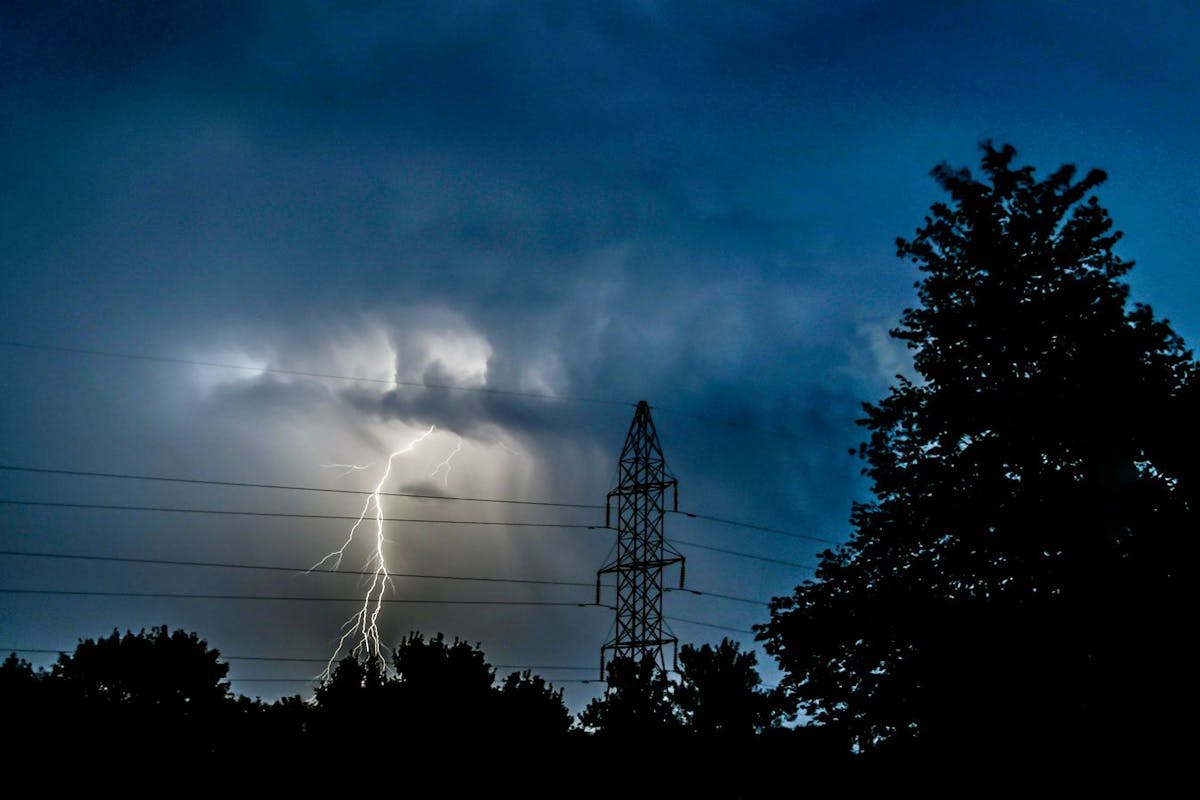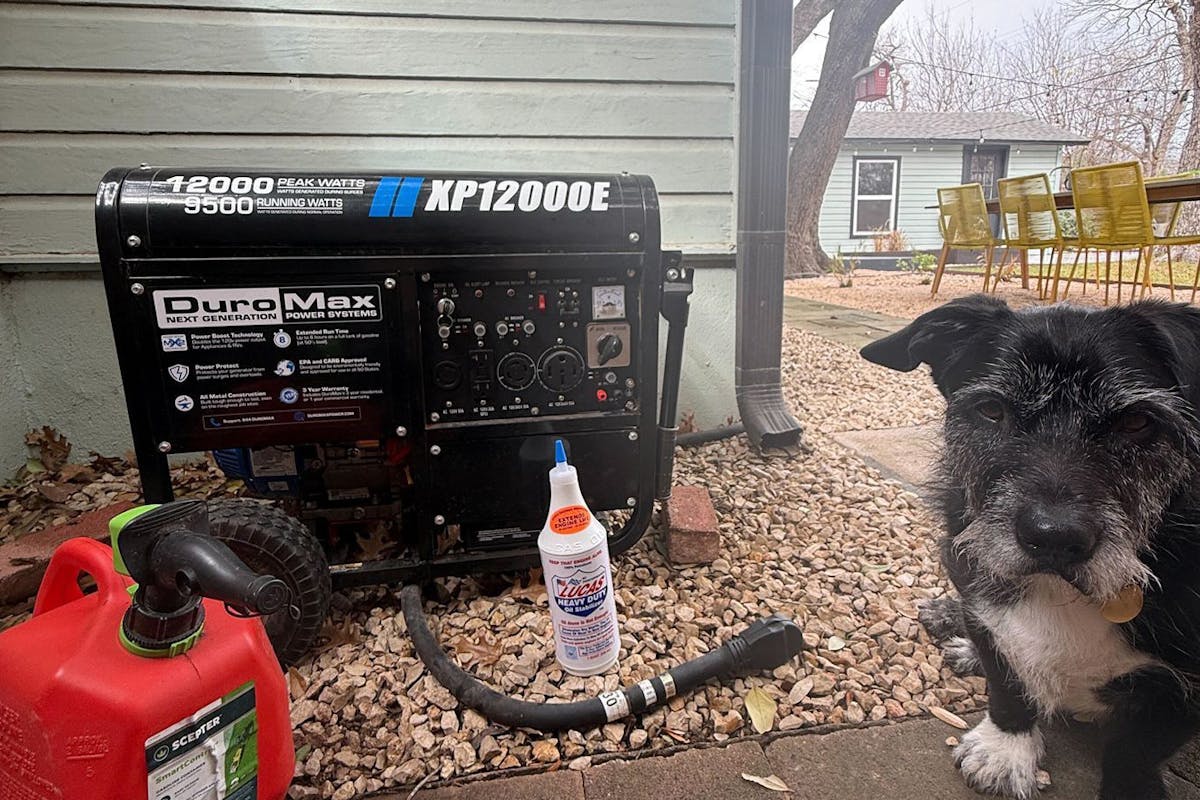6 Tips For Saving Energy (And Money!) Every Month
Last edited
Author
Cory O'Brien
Senior Director - Growth Marketing
Editor
Ryan Barnett
SVP, Policy & New Market Development

Powering your home can feel like a delicate balance of control, comfort, and savings. For example:
- You debate and argue over every degree the thermostat gets moved up or down.
- You run around turning off every light in the house when someone’s not using it.
- You open your monthly power bill and worry it will be significantly more than expected.
If any of that sounds familiar, then it’s time to take back control over your power!
See how much you can save with home energy changes
6 Tips For Saving Energy (And Money!) Every Month
Here are 6 things you can do right now to reduce your energy needs, and save money every month on your power bill:
#1: Turn Off Vampires
Did you know many electronics use energy around the clock, even when you think you’ve turned them off? This is called a vampire load, and TV’s, laptop computers, kitchen appliances, and even your cable box are all guilty of it.
One easy solution is to plug these types of devices into a power strip. Then, when you’re going to sleep at night or leaving the house for an extended period of time, just turn off the power strip and you’ll prevent these devices from using any extra energy when they’re not actually being used.
#2: Check For Air Leaks
Running heating or air conditioning is one of the most expensive things you can do in your home, typically making up 35%–40% of your energy use. But you bought a home to be comfortable, not to worry about the cost of every degree that you adjust your thermostat!
One of the most effective energy- and money-saving things you can do around your home is to caulk, seal, and weatherstrip all seams, cracks, and openings. Sealing uncontrolled air leaks can save you 10%–20% on heating and cooling costs.
As an added bonus, sealing leaks also helps keep your home at a more consistent, comfortable temperature, so you can stop fighting with your thermostat and just enjoy the temperature you want.
#3: Improve Your Water Heater
Heating water is the second-largest energy expense in most homes, and the typical family uses 13% of their energy just to make water hot.
If you’re looking to keep costs down, consider using less hot water, turning down the water heater’s thermostat, insulating your water heater and pipes, or replacing your water heater with an energy-efficient model.
Another lesser-known tip is to drain a quart of water from your hot water tank every 3 months, which helps remove sediment that can lower the efficiency of your heater.
#4: Swap Your Bulbs
It sounds too good to be true, but replacing old incandescent lightbulbs with new LED bulbs can save you up to $80 per bulb over their lifetime. The average U.S. household has about 70 lightbulbs, so add up all the bulbs you have in your house, and that’s some serious savings!
Best of all, recent improvements to LED technology mean that you get the same performance and light quality as older bulbs, without the extra expense. That’s what we call a win-win!
#5: Get Smart About Temperature
Getting a smart thermostat is one of the smartest things you can do to lower your energy costs, and can save up to $150 per year when used properly.
Smart thermostats can learn your behavior, and then create a schedule that keeps the temperature where you want it while reducing your energy costs at the same time.
A smart thermostat can also use sensors to automatically adjust your heating and cooling systems when you’re not home, eliminating wasteful energy use without requiring a full HVAC system upgrade.
Lastly, smart thermostats can remind you when it’s time to replace your air filter, which helps your system run more efficiently, keeping costs down and making your system last longer.
#6: Join The Cold Wash Club
Washing machines give you a wide range of temperature options, but most modern laundry detergents have been developed to work just as well in cold water as they do in hot water.
By washing your clothes in cold water, and saving the hot cycle for when you need to disinfect clothing, like workout gear or sports uniforms, you can save up to $60 or more per year on water heating costs, and your clothes will be just as clean and smell just as fresh.
Bonus Tip: Go Solar
Of all the changes that your family can make, going solar is one of the best things you can do to lower your monthly energy costs.
Going solar can make your home the sanctuary it’s supposed to be, not a constant source of worry that a surprise electricity bill is going to break the bank.
It’s easy to get started, and you have nothing to lose. (Except your expensive power bills, of course!)
To find out how much you can save, visit the Palmetto Solar Designer for a free, no-obligation savings estimate.


